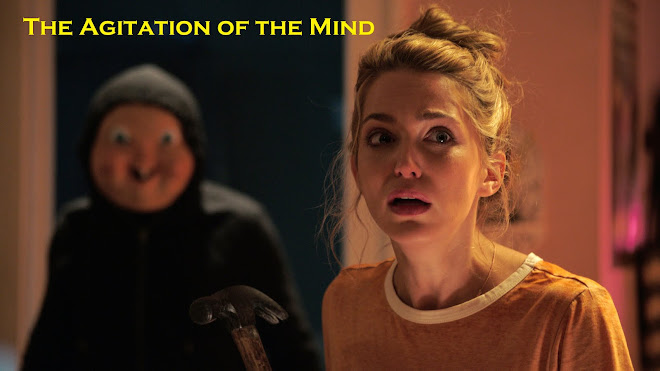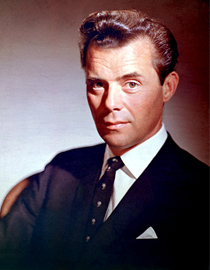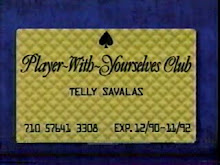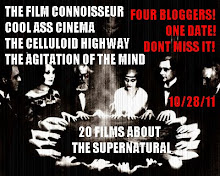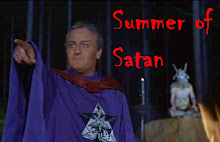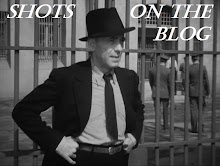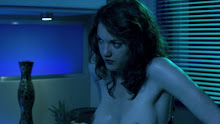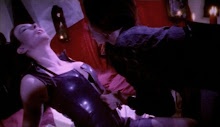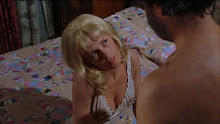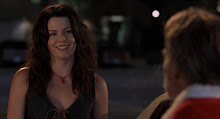 In his biography of Dirk Bogarde, John Coldstream infers that the actor’s disinterest in ‘The Singer Not the Song’, his last outing for the Rank Organisation, led to his deliberately camp performance, a factor crucial to the film’s failure.
In his biography of Dirk Bogarde, John Coldstream infers that the actor’s disinterest in ‘The Singer Not the Song’, his last outing for the Rank Organisation, led to his deliberately camp performance, a factor crucial to the film’s failure.Although Bogarde was at the height of his fame when it was released in 1961, audiences clearly preferred him as the lovable Dr Simon Sparrow, or as dashing war heroes in the likes of ‘Ill Met by Moonlight’ or ‘They Who Dare’.
Bogarde was given his choice of the two main roles in ‘The Singer Not the Song’, indicative of Rank's fears of losing him. Bogarde was already tired of the formulaic fare on offer, and ill-feeling between him and Rank supremo Earl St John had been in the wind for a while. Nonetheless, he was one of their biggest stars, and had already been lured to Hollywood for the Franz Liszt biopic ‘Song Without End’.
So Bogarde, swayed no doubt by a significant paycheque (Rank threw a serious budget at the production), took the role of Anacleto, the Mexican bandit chief who enters into a love-hate relationship with an unorthodox priest. Title as metaphor, geddit? The singer not the song = the priest not the religion.
Clad in black (most notably in the extremely tight-fitting leather trouser department), sneer fixed in place, eyebrow perpetually arched, a white cat on his knee in several scenes - this four years before the first onscreen appearance of Blofeld in ‘Thunderball’! - there can be no doubt that this was miscasting writ large. It says something, then, that Bogarde is easily the best thing about the film.
Equally miscast is John Mills at his most avuncular as Father Keogh, the priest who stands up to Anacleto. The script calls for a dynamic - almost an attraction - between the antagonists. Clearly, a much younger, more energetic actor should have been cast instead of Mills.
Of Mylene Demongeot, the European starlet who plays the girl caught between them (a role which should provide the film’s human centre), the kindest that can be said is that she was no actress.
Another misjudgement was retaining Nigel Balchin as scriptwriter. A writer at the forefront of twentieth century British realism (his best known work, ‘The Small Back Room’, was filmed by Powell and Pressburger in 1948), he was simply the wrong man to adapt Audrey Erskine-Lindrop’s melodramatic novel. Also, the geniuses at Rank saw fit to put the whole thing in the hands of Roy Ward Baker, director of ‘The One That Got Away’ and ‘A Night to Remember’, films which demonstrate attention to detail and emotional distance from otherwise thorny subject matter (a German POW’s successful escape bid in the former; the sinking of the ‘Titanic’ in the latter) - again, obviously the wrong man for the job.
In ‘Snakes and Ladders’ - his only autobiographical volume that deals in any detail with his Rank years - Bogarde includes a publicity still from ‘The Singer Not the Song’, but doesn’t mention the film by name anywhere in the text. No reason for him to; audiences stayed away in droves. Baker took the brunt: his career deflated; it was six years before he directed again, and even then he was reduced to trashy Hammer horror quickies.
Curiously - perversely, even - ‘The Singer Not the Song’ began to find its champions. Particularly in France, where it swiftly became a cult hit. Today it exists as a cinephile’s guilty pleasure, one that’s all the more enjoyable for knowing that Bogarde was in on the joke.
